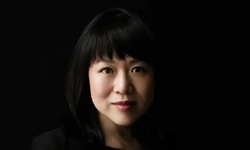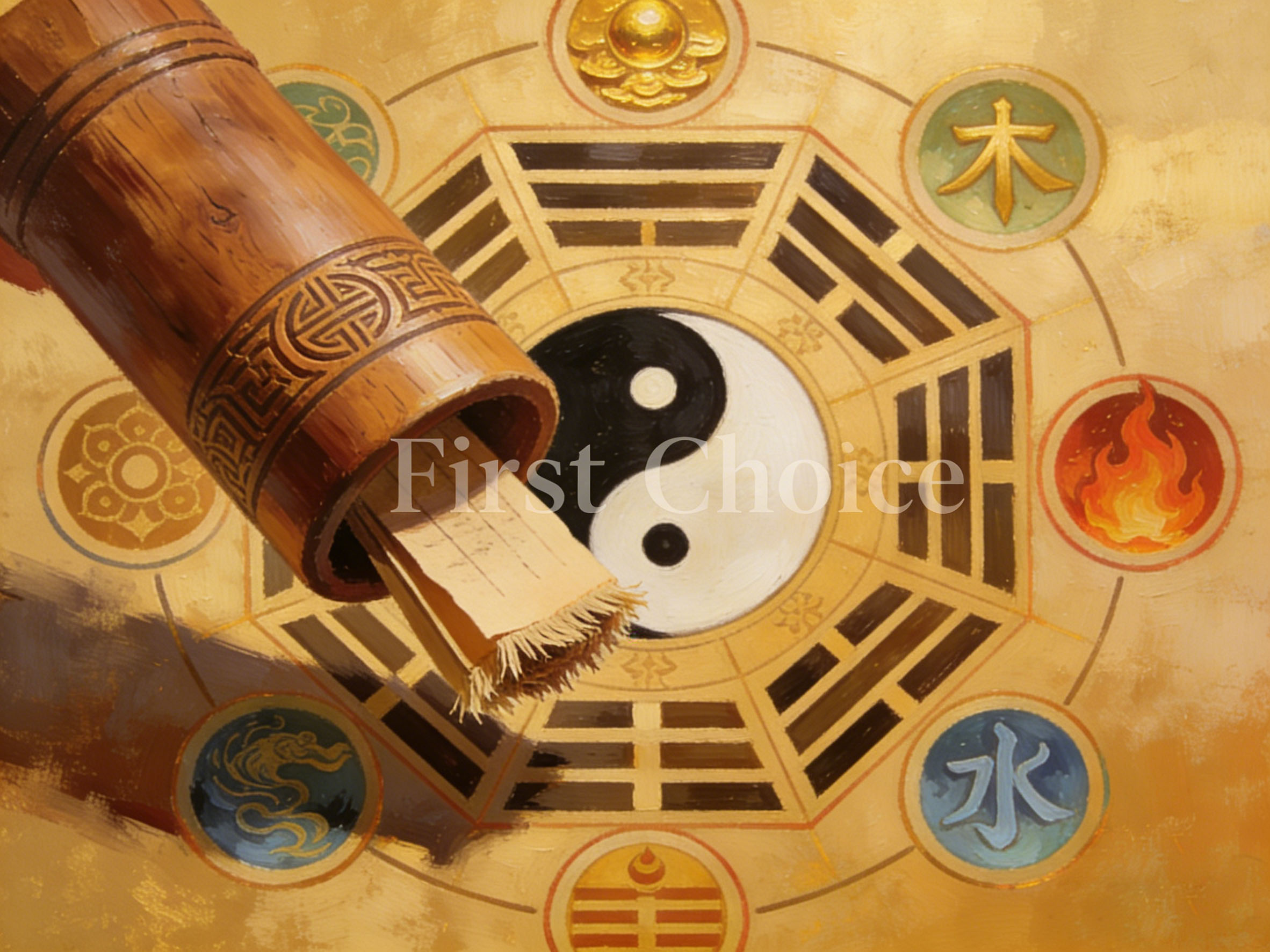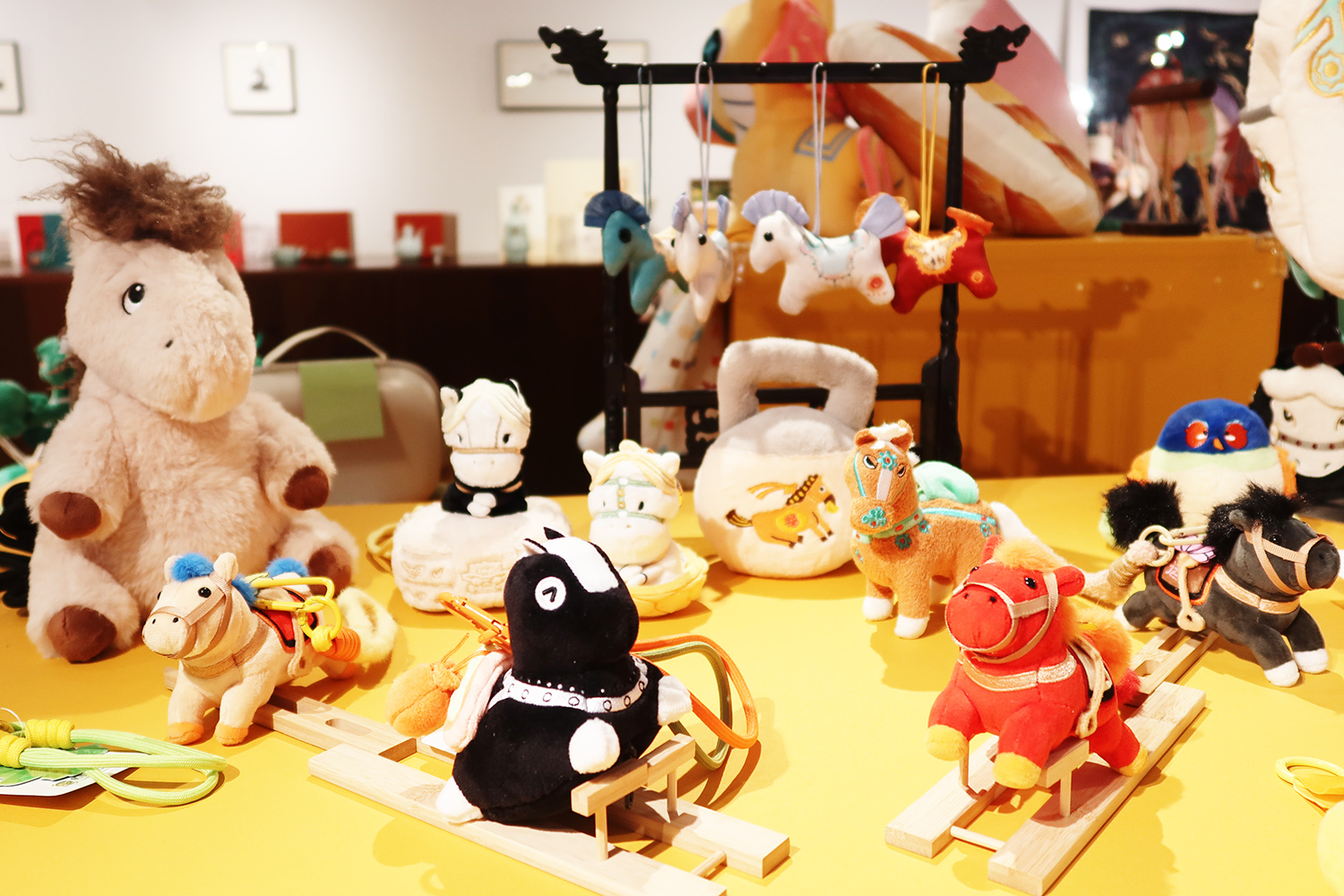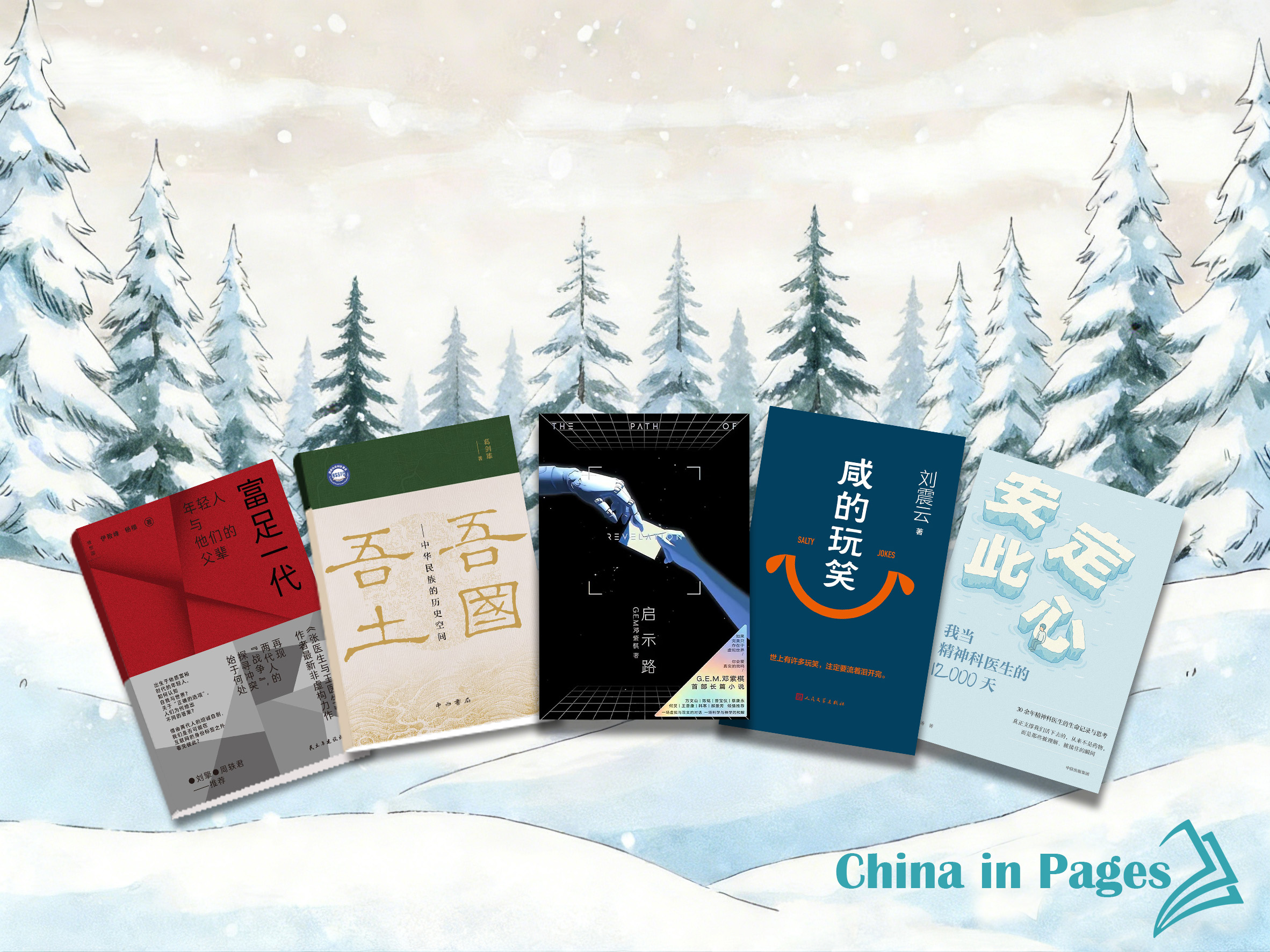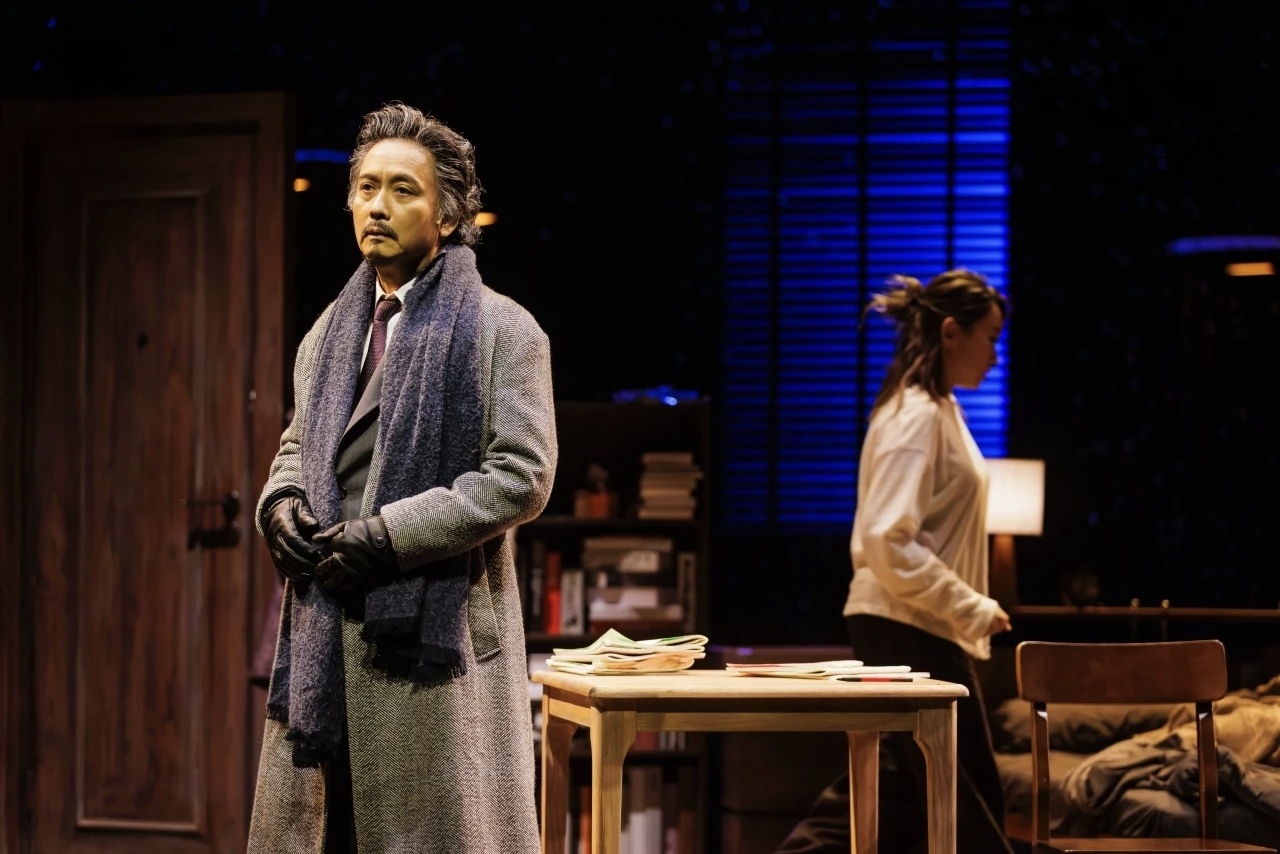The School for Good Mothers is an instant New York Times Bestseller, an explosive debut novel, where one lapse in judgement lands a struggling young Chinese-American single mother Frida Liu in a government reform program where custody of her child hangs in the balance. The book has received great reviews in the US from Oprah, The Today Show, and People Magazine among others, and has also been signed up for a future TV series. It is a thrilling novel about love and the pressures of perfectionism, parenthood and privilege. American author Jessamine Chan spoke via Zoom from her home in the suburbs of Chicago, the city she grew up in, about her debut novel, being a mum herself, growing up as Chinese American and the lack of a social safety net in modern societies.
Jessamine started writing the book in early 2014, and created the character Frida, a Chinese-American single mum who was going through a bad day during which she lost custody of her toddler daughter. Frida’s very bad day emerged as a very good writing day, she says: “That’s the only time in my life where I’ve come up with an idea of where the idea came to me fully formed.” In that one single day, the whole storyline revealed itself to Jessamine and this one-day of drafting resulted in the foundation of a longer project. Additionally, part of the inspiration for the book derived from her own life. Jessamine was undecided whether or not to have a baby as she entered her late 30s. She felt a lot of pressure and anxiety and was definitely not ready for it. She read a story called Where is Your Mother by Rachel Aviv in The New Yorker a few months before beginning the book, the tragedy and the outrage of that story stayed with her so those are two things that fed into the creation of her own book.

Jessamine loves being a mum, “I hope when my daughter’s old enough to read the book, that she’ll feel my love for her, informing the book itself.” Fortunately, she has a lot of support from both her husband and childcare. In comparison to real life, she admits that her book is on the darker side. She was really interested in critiquing the whole American cult of motherhood, where society puts women on a pedestal, but offers them no social support whatsoever. No real family leave policy and no social safety net for parents, no universal health care and limited access to affordable childcare. In America, it feels like the deck is really stacked against parents and it’s much more difficult being a parent there even though it’s the richest country in the world. It was not hard for her to imagine what it would be like to have no support and how desperate one would feel in that situation struggling in between earning a living and taking care of a child on one’s own. The book was written prior to the pandemic, things have shifted during these two challenging years. Jessamine’s vision of the impossible situation back then has become the reality for many more families during the pandemic, therefore, the book has a different resonance now.
In the book, Frida lives in a white neighbourhood with no friends living nearby. Being a Chinese American herself, Jessamine is lucky to have a strong network of friends and especially friends who are mums. The sense of loneliness reflected in the book came from when Jessamine and her family moved to a neighbourhood in Philadelphia (where she wrote the book and also where the story is based) where they were definitely the newcomers. Everyone in the neighbourhood had been there for 40 years and raised their families. Also, as a Chinese American growing up in primarily white communities, the feeling of otherness affected how she saw the world.
Growing up in America in the early 90s, there was less awareness of racism and a lot less conversation about it. The word microaggressions wasn’t added to the Oxford English Dictionary until 2015, which describes so much of Jessamine’s life and so many of her interactions with society. Being one of the only Asian kids in school, she experienced so much bullying, even harassment on the street from adults, “It was so much a part of growing up that I don’t think I even had language for it at that age,” she added.
Growing up as Chinese-American, the feeling that she doesn’t belong anywhere has always remained with her. In a lot of communities, there is a certain degree to which Chinese immigrants are always regarded as foreign. But at the same time, when she has travelled in Asia, and especially in China, she is very obviously American. There just aren’t many markers of otherness in each culture. “Asian Americans occupy a very difficult place because you just kind of don’t belong anywhere. There’s so much tension between what culture you can hang on to over the generations.”
There has been an increasing number of hate crimes again Asians, especially Chinese communities throughout the world since the beginning of the pandemic. Jessamine told me, there was a time when she was really afraid to leave the house and she was afraid to be outdoors in public with her daughter. She and her family even asked: “Do I need to buy pepper spray? Is it safe for me to take [my daughter] to the park by myself?” It was sad. One day, her dad was calling her to tell her and her sister to not go outside without their husbands because their husbands are not Chinese. “That’s a very sad conversation to have. It was a really scary time.”
It’s difficult to figure out what would help a situation that feels really impossible and feels really broken in every way. “I don’t necessarily think more policing is the answer. I think the lack of a social safety net in America is one of the big problems. There’s a lot of talk that can happen with raising awareness. But I think that there does need to be more attention paid to what the government can do to help the neediest communities.”

The School for Good Mothers by Jessamine Chan is released on 3rd March in Hardback and eBook by Penguin.

